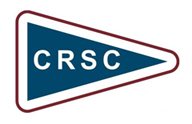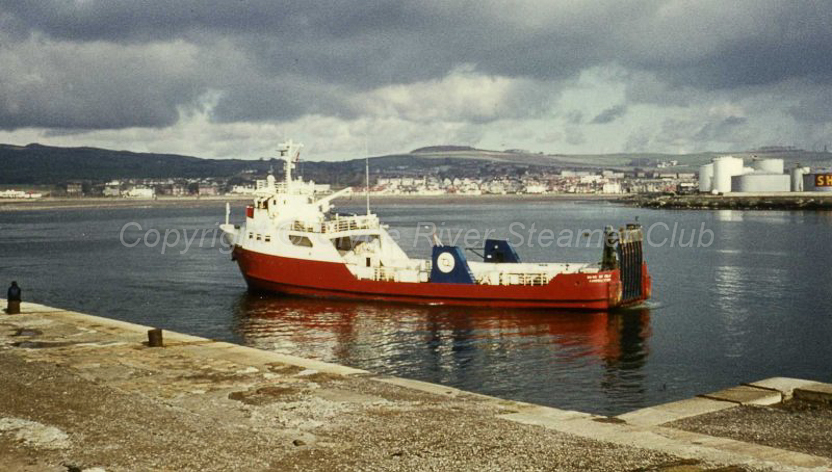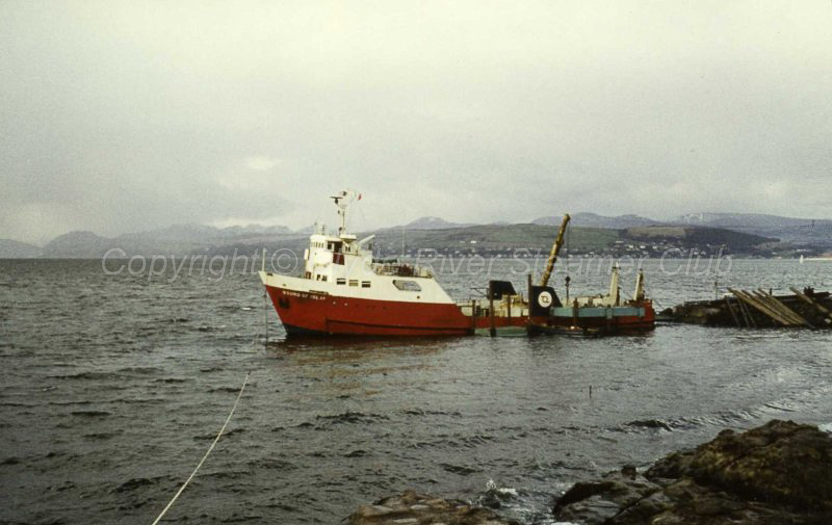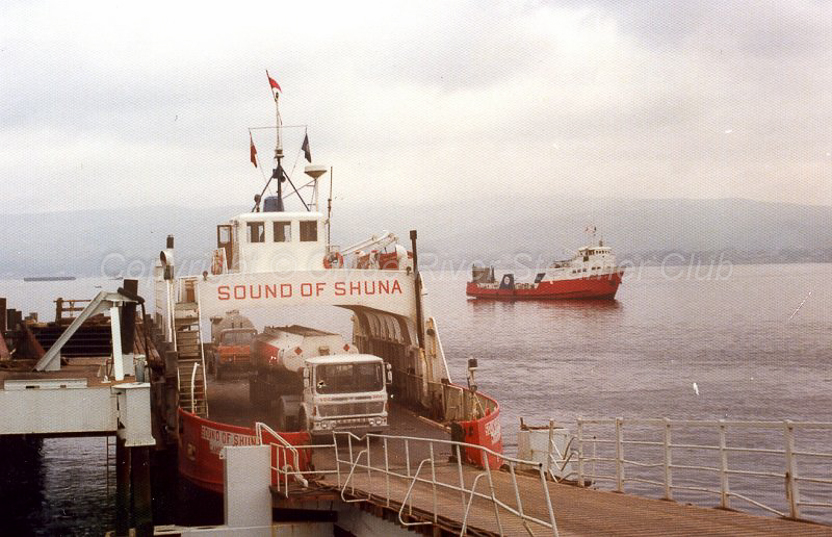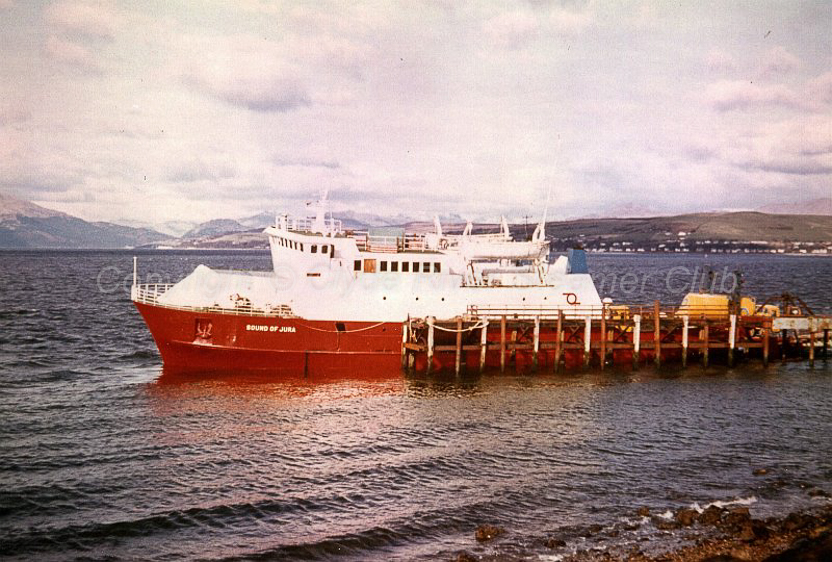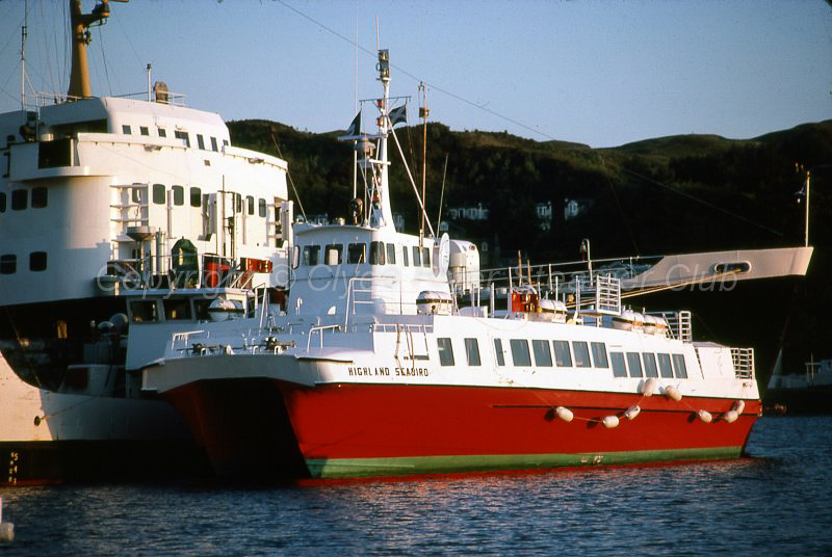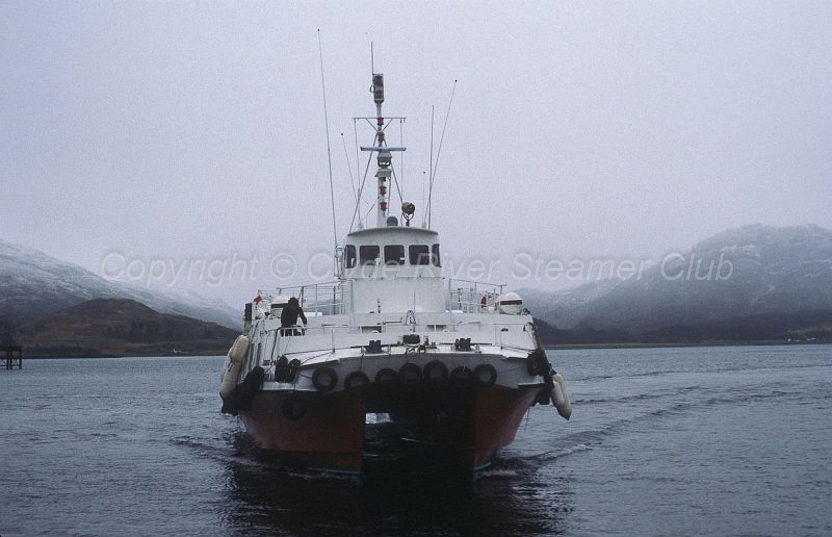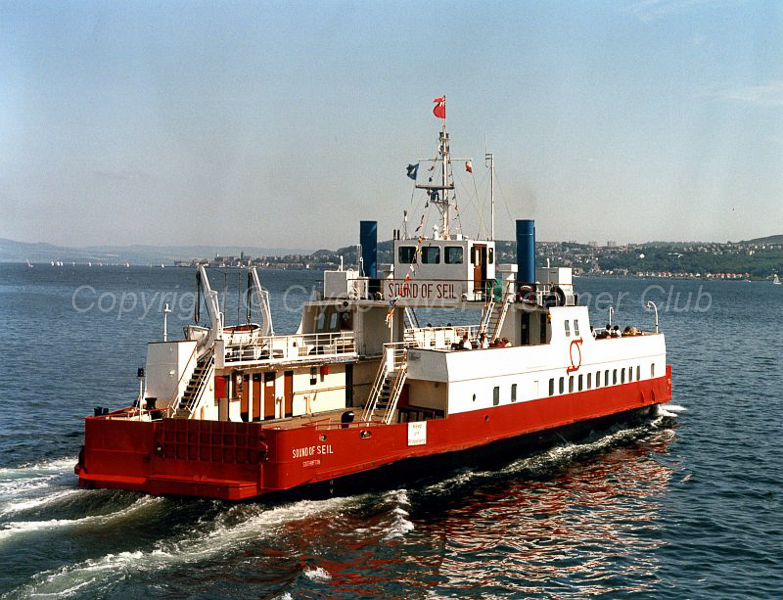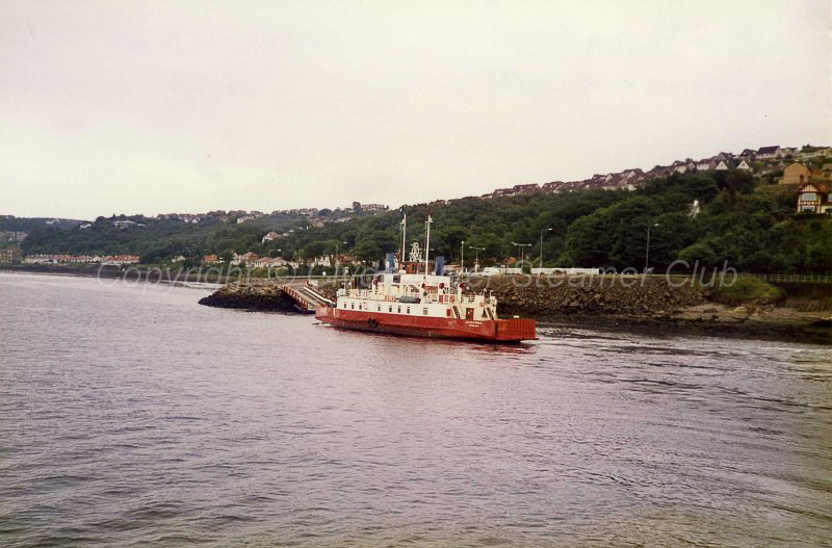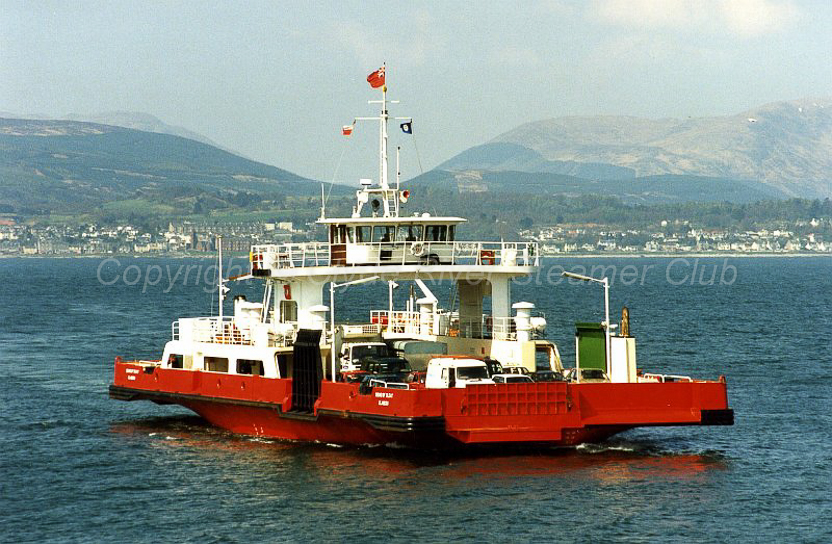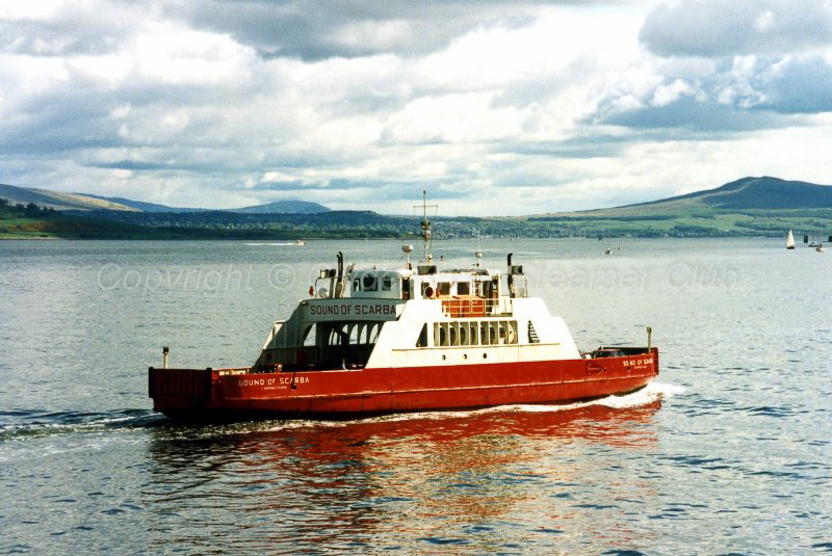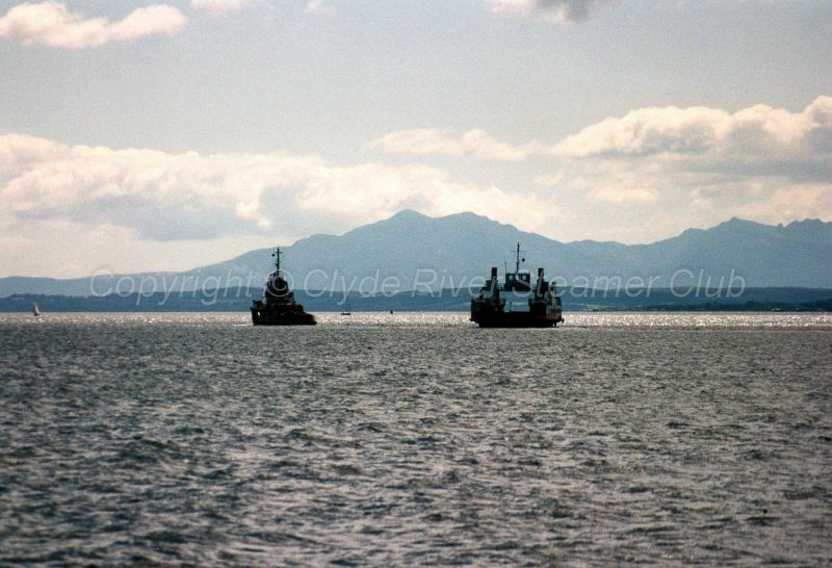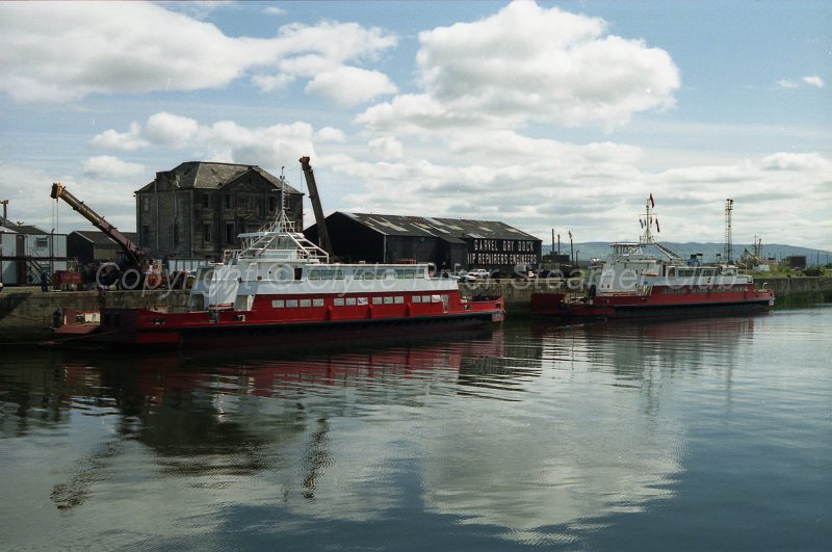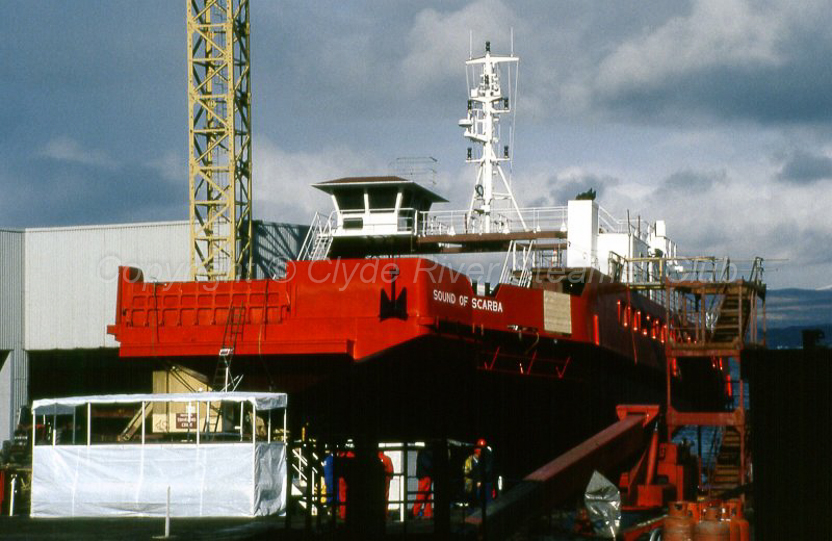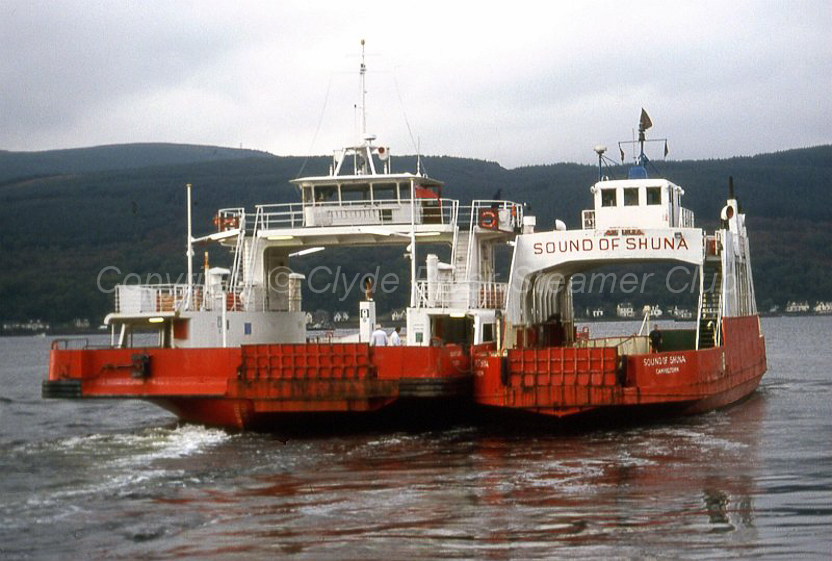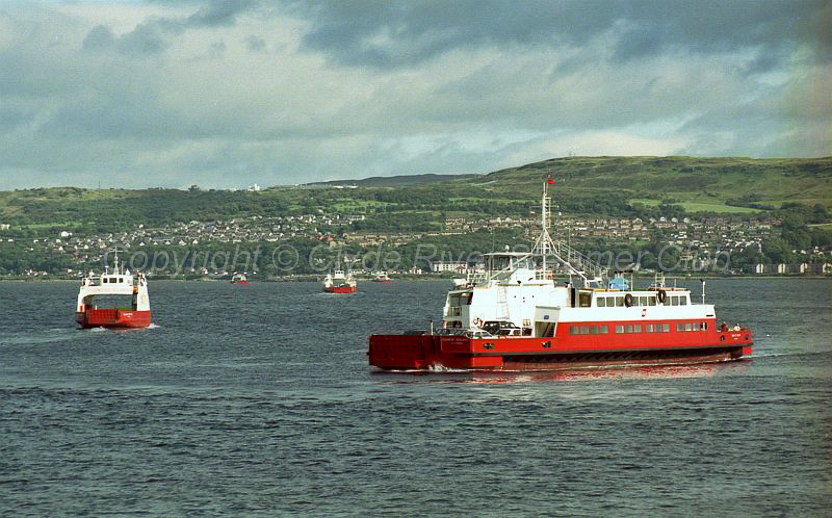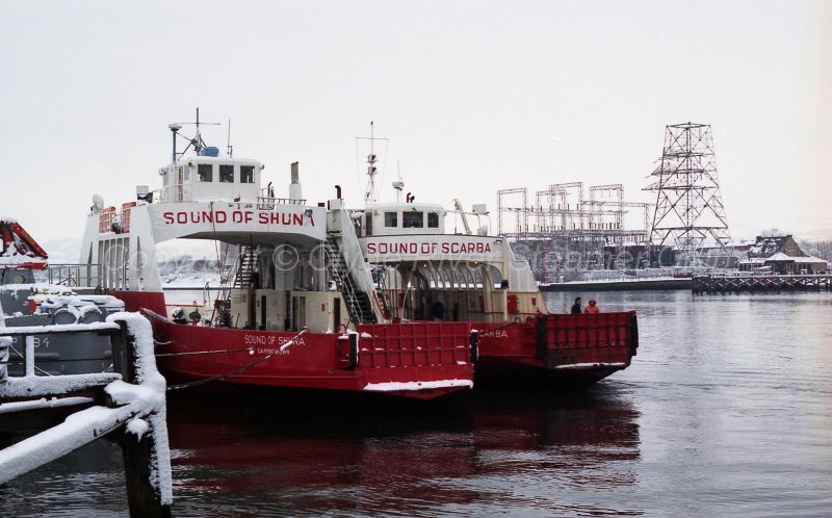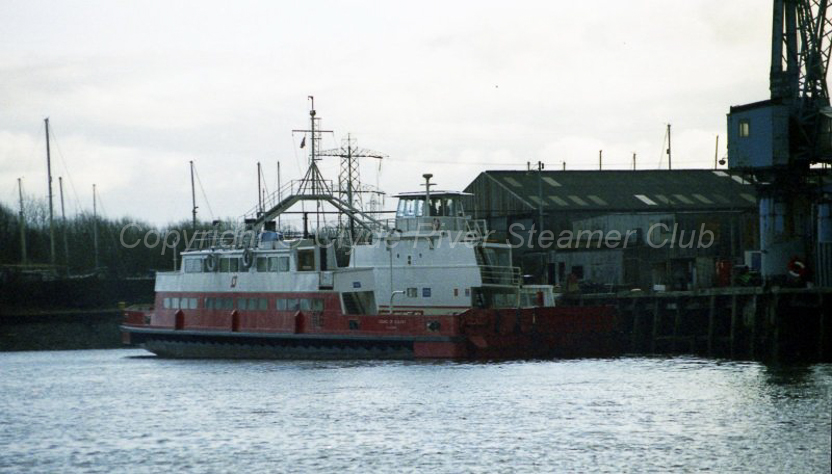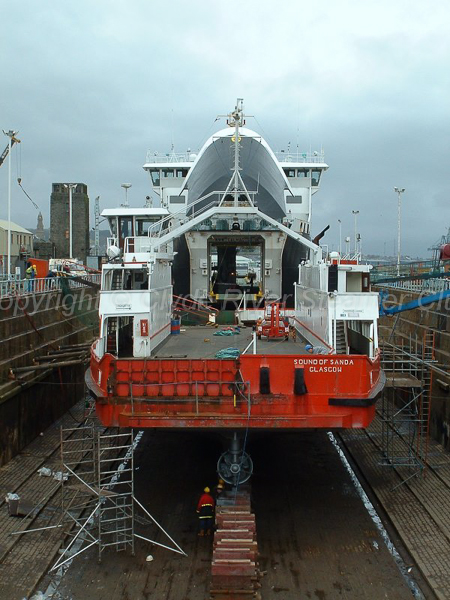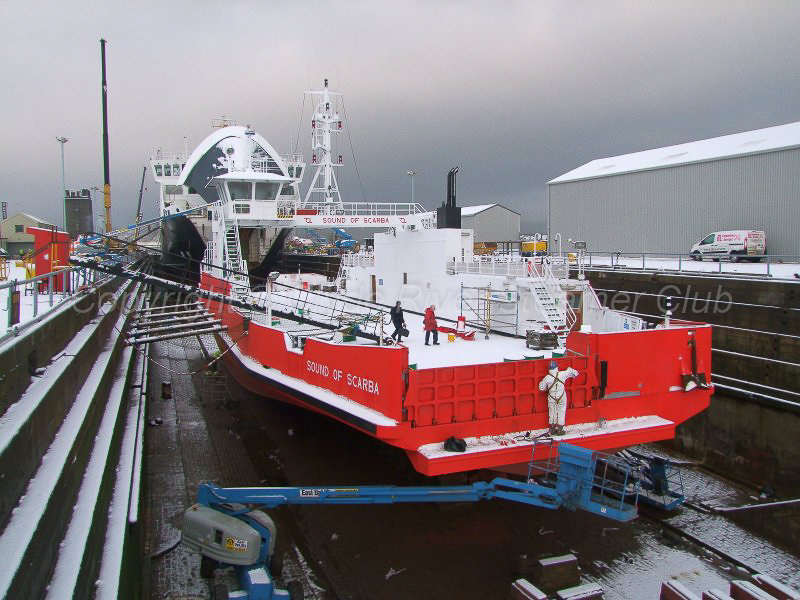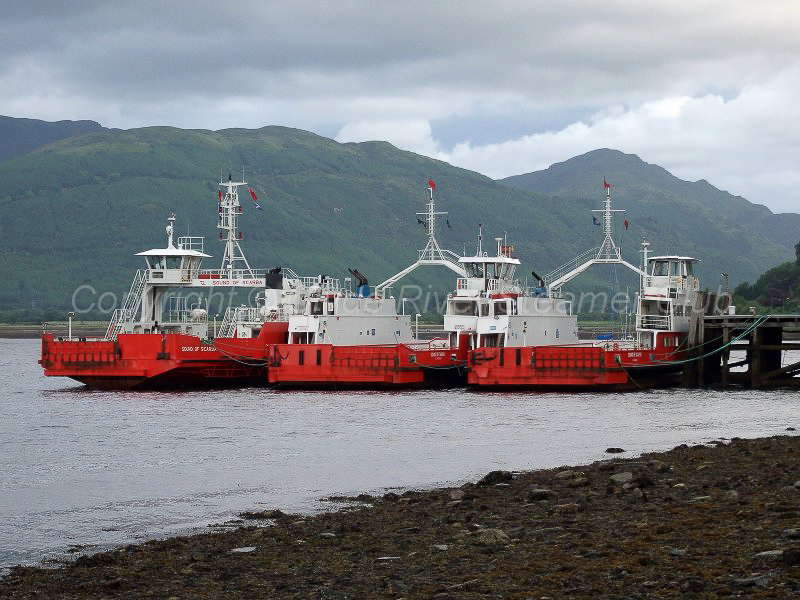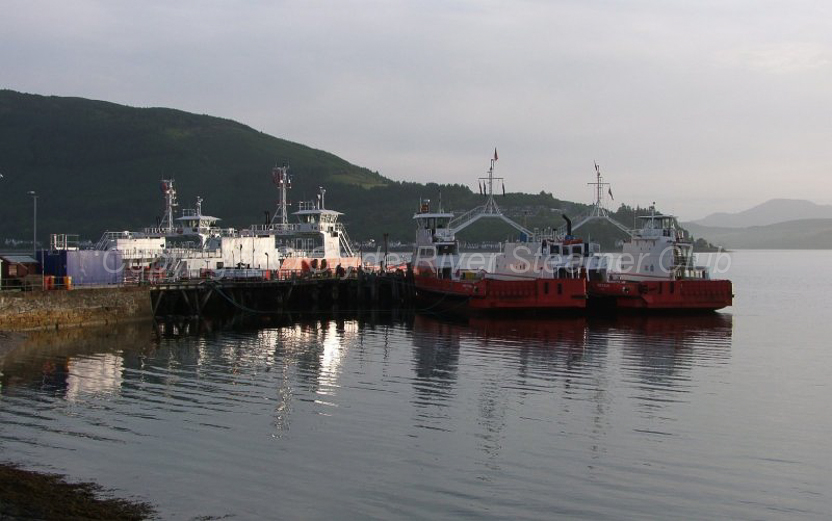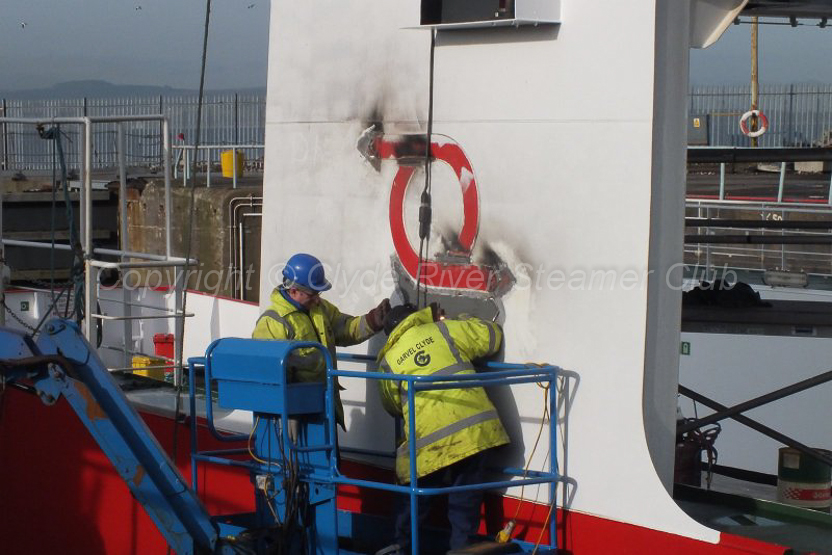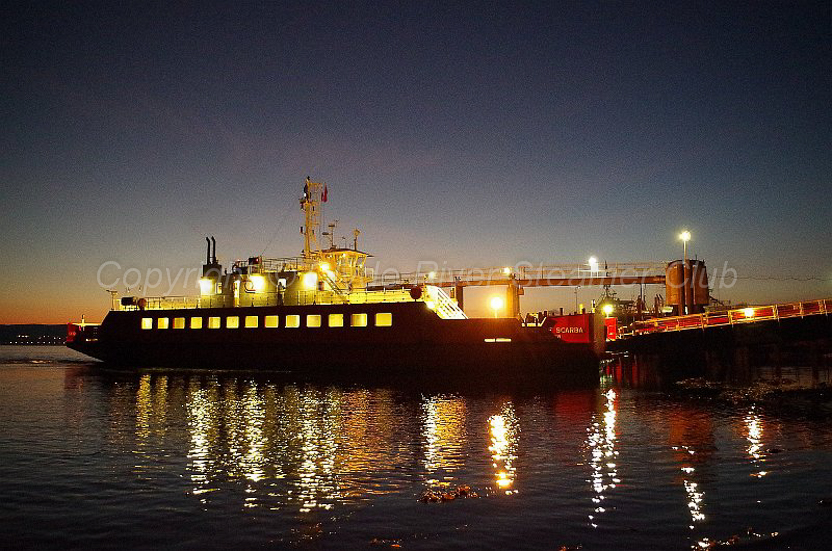It would be hard to imagine anyone better qualified to talk about Western Ferries’ 40-year history on the Clyde than John Newth, now the company’s longest-serving engineer. John also happens to be a prominent member of the CRSC, having been Review Editor for the past six years and President in the 2006-2007 session. On 13 March 2013 he brought a wonderfully light touch to his subject, “Western on the Clyde — a Ruby Anniversary”, demonstrating how a breed of ferries that were initially dismissed as of limited interest have a rich and vibrant story. That the Club’s own view of Western Ferries has moved with the times was demonstrated by the fact that around 100 members came to hear John speak — and absorb his fascinating sequence of illustrations, which gave a true insider’s view of the company’s development.
A tale of ships rather than politics and finance, John’s talk began at the very beginning, with the launch of the Sound of Islay at Ferguson’s of Port Glasgow in 1968, and ended with the news that Western Ferries now carry more than half a million cars across the Clyde each year. Two new vessels, the Sound of Seil and Sound of Soay, will join the fleet in the summer of 2013.
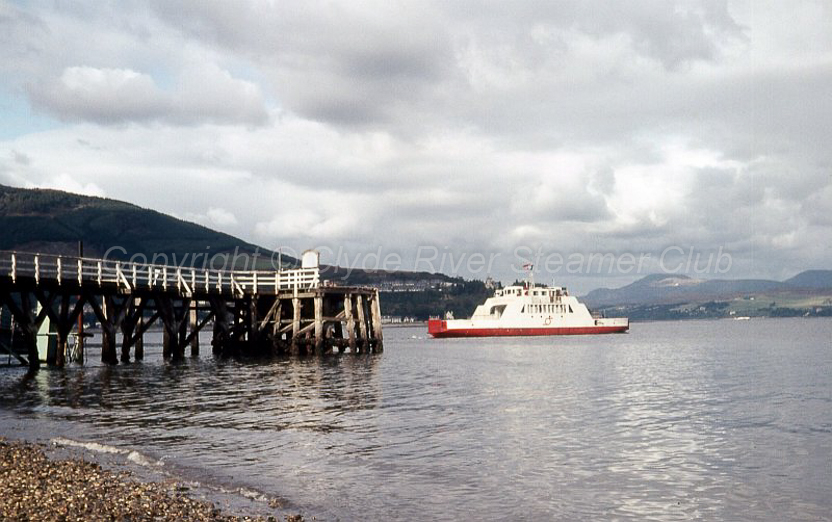 |
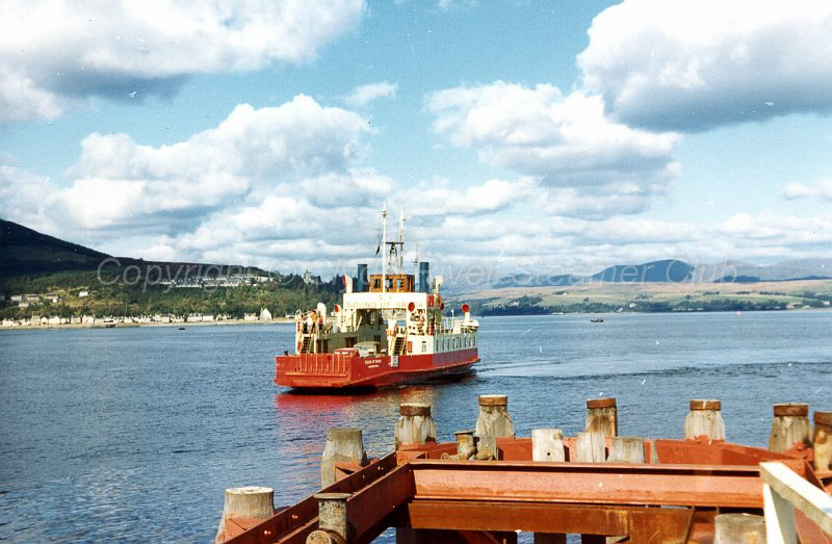 |
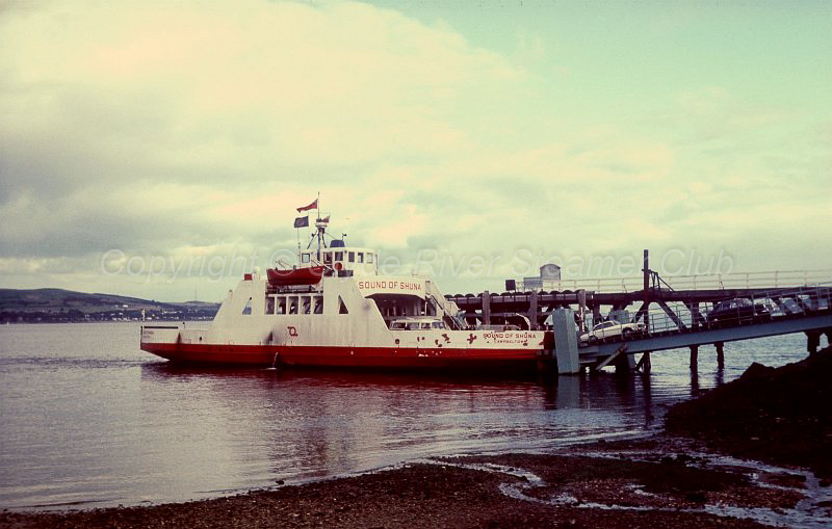 |
||||
| SOUND OF SCARBA leaves Hunter’s Quay, August 1973 |
SOUND OF SANDA arrives at Hunter’s Quay, 1974 |
SOUND OF SHUNA at Hunter’s Quay, August 1973 |
We heard many little-known details about how the idea for the McInroy’s Point- Hunter’s Quay crossing took root, about the construction of terminals and the foreign origins of the early ferries, and the way they were adapted for service on the Clyde.
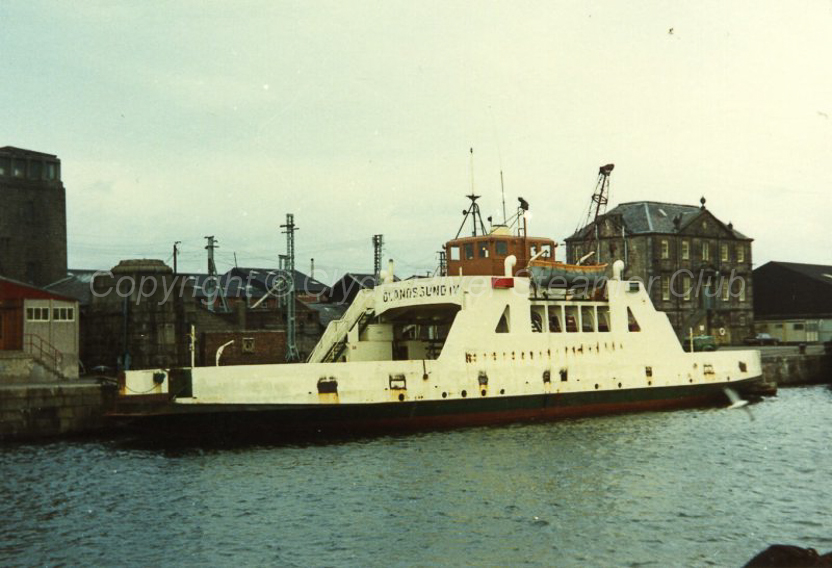 |
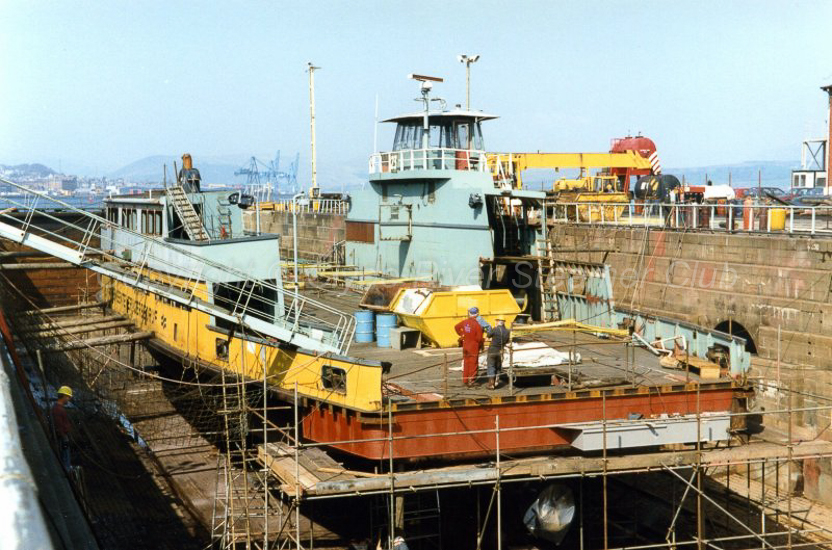 |
|||
| OLANDSSUND IV being converted in James Watt Dock, Greenock, April 1973 |
GEMEENTEPONT 23 undergoing conversion at Garvel, May 1995 |
It was astonishing to see how diverse their work had been in those early years, with charters to Ardyne, Ardrossan, Portavadie, Rothesay and Loch Long, as well as a cruise from Glasgow’s Garden Festival. The ultra-versatile Sound of Islay sailed as far afield as Shetland and Ireland — and, ultimately, to Newfoundland.
Five boats in service, Cowal Games, August 1995
By 1995 the company was able to field five ships on Cowal Games weekend, and John — ever the enthusiast as much as the seasoned professional — had a perfect illustration to prove it. When new berths were constructed on either side, the service continued without disruption.
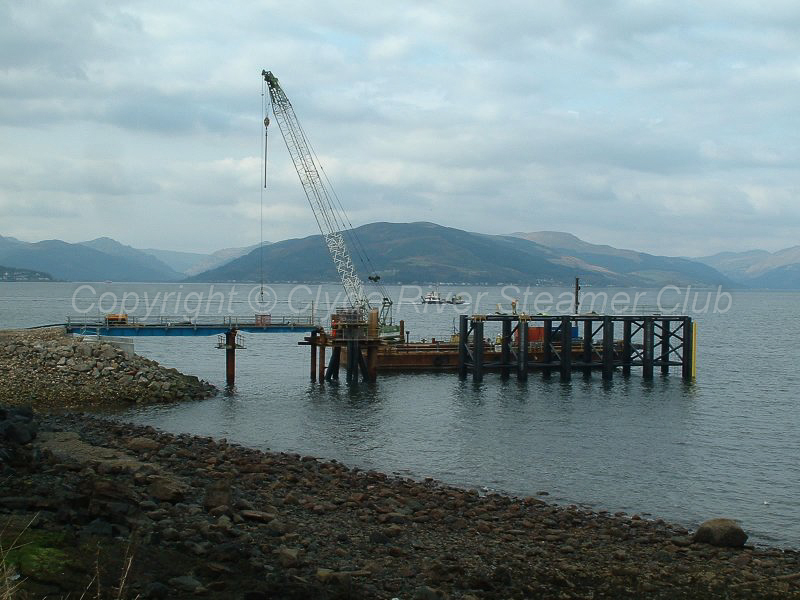 |
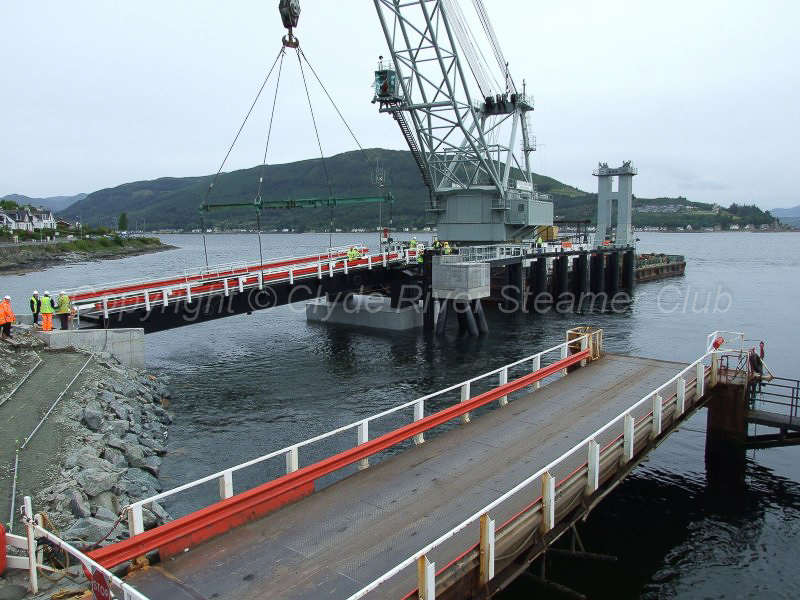 |
|||
| New berth under construction at McInroy’s Point, March 2007 | New linkspan being lifted into place at Hunter’s Quay, May 2007 |
John’s pride in the company’s can-do attitude shone through, as did his ability to explain in layman terms the technicalities of daily operations, annual overhaul and hull construction (upside down!). One nugget that took many of his listeners by surprise: “a feature of all the company’s present fleet is that there is no need to drydock them every year, as the propulsion units can be removed while afloat.”
In his vote of thanks, Andy Anderson said we had not only heard much of interest about successive ships named Sound of Sanda, Sound of Seil and Sound of Sleat, but we had also heard the sound of John Newth — and how illuminating it had been.
